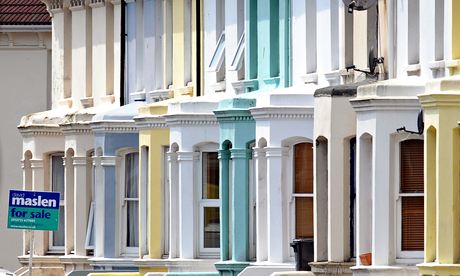Higher interest rates
The economy is growing strongly and double digit house price inflation is back. This has led many City economists to call for an interest rate rise now and not next year when the Bank of England has signalled a move is most likely. Consumers have already been warned that rates will go up from 0.5% sometime between next spring and summer, though it is likely to be a slow, steady process over a period of two to three years stopping at 3%. Policymakers expect the average standard variable rate mortgage to settle at around 5.5%. A rise in the cost of borrowing will quickly choke off demand.
Restrict Help to Buy
Brought in last year, Help to Buy subsidises high loan-to-value mortgages on existing as well as new houses. The Treasury could bring down the price ceiling from £600,000 to focus on lower-value homes. It could exclude London and the south-east and remortgagers, which are currently included in the scheme.
Tougher credit controls
The Financial Conduct Authority has already introduced a series of questions that lenders must ask prospective homebuyers, who must be questioned about their normal outgoings, savings and debts before being offered a mortgage. A bigger deposit could further restrict their ability to buy.
Block non-EU purchases
Much of the rocket fuel behind London's 18% rise in property prices in the last year came from foreign buyers, especially those based in the east Asia. Free-market thinktank Civitas has called on ministers to copy Australian rules that ensure that no sale can take place to overseas buyers unless they can show that their investment will add to the existing housing stock. Longer term, a boost to the number of homes for sale and rent is the only way to prevent a bubble.


